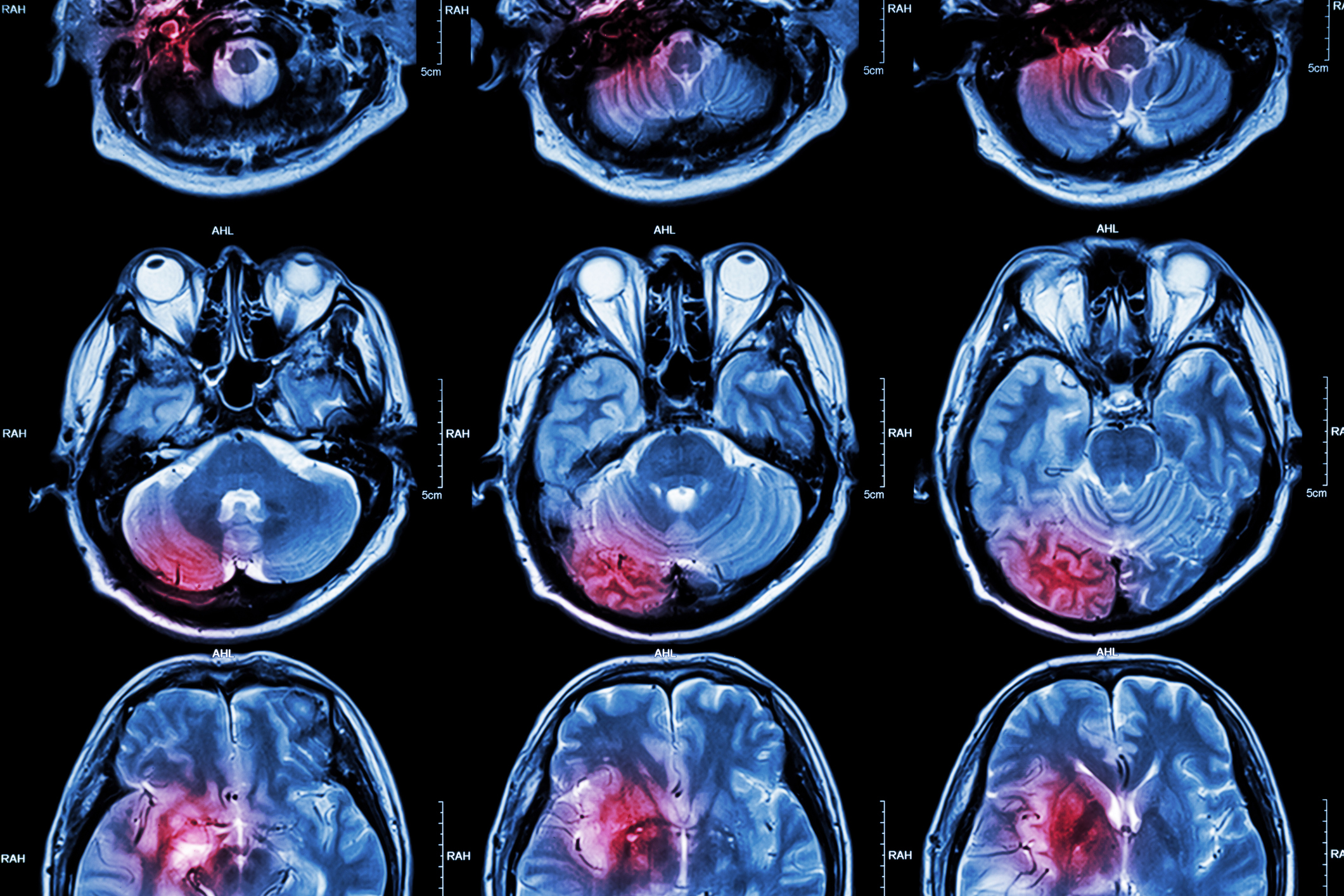BrightFocus-Funded Potential Treatment for Major Alzheimer’s Risk Factors Advances in Clinical Trials
Written By: BrightFocus Editorial Staff
Reviewed By: Sharyn Rossi, PhD Director, Neuroscience Programs, BrightFocus Foundation



Written By: BrightFocus Editorial Staff
Reviewed By: Sharyn Rossi, PhD Director, Neuroscience Programs, BrightFocus Foundation

A promising new treatment for individuals suffering from stroke, concussion, and traumatic brain injury, known risk factors for Alzheimer’s and other dementias, has received approval from the U.S. Food and Drug Administration (FDA) to move into Phase 2 clinical trials.
In 2021, Alzheimer’s Disease Research, a BrightFocus Foundation program, and the Medical Technology Enterprise Consortium (MTEC) awarded $500,000 to Astrocyte Pharmaceuticals scientists to develop an oral formulation of the novel neuroprotective therapy known as AST-004.
In preclinical studies, AST-004 showed a significant reduction (64%) in brain lesion growth and an overall decrease in lesion size (45%) in a critical non-human stroke model. Astrocyte previously completed two Phase 1 safety trials in Europe, involving 80 participants in total, and saw no significant adverse effects or safety concerns, the company reported.
The upcoming Phase 2 trial in people with acute ischemic stroke will first focus on treating participants with large vessel occlusions, which could significantly diminish brain damage. Additional studies further exploring AST-004 in patients with traumatic brain injury and concussion are forthcoming, according to Astrocyte Pharmaceuticals.
“This milestone represents a critical step toward a first-of-its-kind drug therapy for traumatic brain injury, stroke, and concussion, potentially benefiting millions of people impacted by these debilitating conditions,” said BrightFocus President and CEO Stacy Pagos Haller.
Research shows that repetitive mild traumatic brain injuries (TBIs), often experienced by service members and veterans, can increase the risk of developing neurodegenerative diseases such as Alzheimer’s. Currently, no treatments are approved by the FDA for repetitive mild TBIs.
Even when these injuries leave no outward marks, the brain can still sustain damage beneath the surface. When damaged, the brain can shrink in a similar pattern to that seen in Alzheimer’s disease. What’s more, those who have experienced repetitive mild TBIs can be at around five times greater risk of developing neurodegenerative diseases that can lead to dementia. Estimates of these TBIs among service members returning from Iraq and Afghanistan range as high as 22%.
Learn more about the connection between concussions, traumatic brain injuries, and Alzheimer’s risk.
BrightFocus Foundation is a premier global nonprofit funder of research to defeat Alzheimer’s, macular degeneration, and glaucoma. Through its flagship research programs — Alzheimer’s Disease Research, Macular Degeneration Research, and National Glaucoma Research— the Foundation has awarded nearly $300 million in groundbreaking research funding over the past 51 years and shares the latest research findings, expert information, and resources to empower the millions impacted by these devastating diseases. Learn more at brightfocus.org.
Disclaimer: The information provided here is a public service of BrightFocus Foundation and is not intended to constitute medical advice. Please consult your physician for personalized medical, dietary, and/or exercise advice. Any medications or supplements should only be taken under medical supervision. BrightFocus Foundation does not endorse any medical products or therapies.
